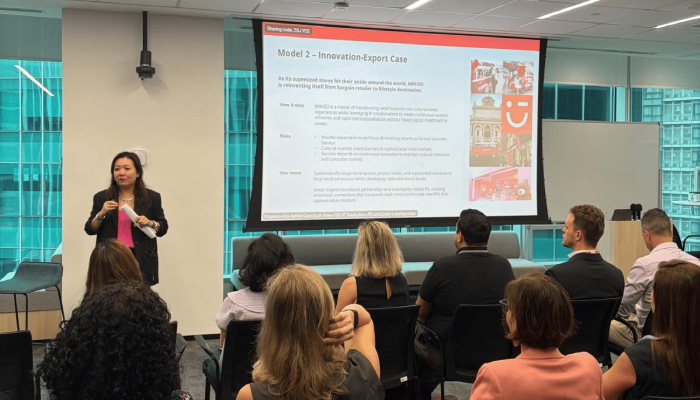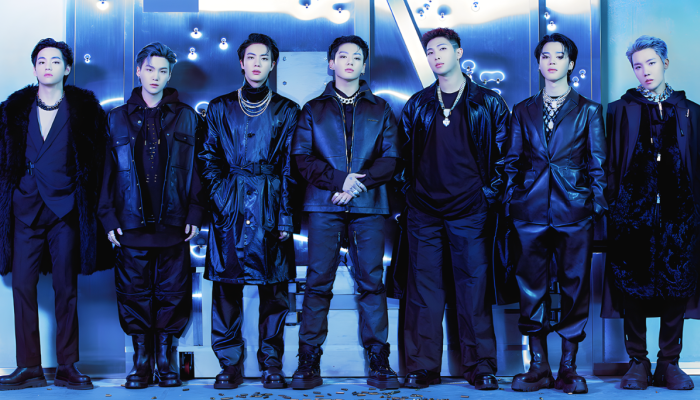Changes in the advertising landscape over recent years have led to an attention deficit that has affected the efficacy of a huge proportion of the advertising dollars we all spend. This gradual trend towards a low-attention, ineffective environment for brands is only going to be accelerated by the adoption of AI. Can entertainment offer a way to redress the balance? - Let’s look into the problem first.
If we look back, it’s clear that the advertising landscape has changed radically over the last twenty-five years, but the change has been gradual and human beings are generally terrible at perceiving gradual changes in real-time. It’s relatively easy to compare the effect of your current campaign with your previous campaign or to look at changes year on year, but it’s not so easy to look at long-term trends when you’re focusing on the business of getting your next campaign to work well.
Twenty-five years ago, digital accounted for 1% of global media spend (source: eMarketer/LinkedIn 2020). According to a recent forecast from dentsu, more than 60% of global media spend will be digital next year. For many years platforms and agencies evangelized about the need to embrace digital. The case was easy to make. People were spending more and more time on digital platforms and digital impacts were way cheaper than broadcast impacts, so you could safely invest some budget in digital to grow reach and improve cost-effectiveness.
The argument was self-evident, but it ignored attention. As the evergreen Bill Bernach said, “If your advertising goes unnoticed, everything else is academic.” Twenty-five years ago almost all media was relatively high attention. If you moved some budget out of TV or Print or Cinema or Radio and put it online, your overall brand presence was still generally in higher attention channels so your brand still had a decent chance of being noticed.
However, after twenty-five years of boiling the frog, we’re in a world where the majority of media investment is now digital. That’s not a problem in itself, but it has created an attention deficit. Amplified Intelligence are leaders in the field of digital attention. In their paper The Business Case For Attention their findings are that only 17% of digital advertising gets 2 or more seconds of human attention. To put that into a global context that means that more than $400 billion USD of ad spend per year is on placements that are seen for less than 2 seconds by a human being.
This attention deficit is affecting efficacy. Data from Kantar’s link studies from 2021 to 2024 show a 55% drop in engagement with digital content and a consequent 18% drop in brand consideration. These worrying trends are almost certainly exacerbated by a neglect of brand-building work by many brands that focus too much on conversion in a world where so much of their spend is on digital platforms.
To make matters worse, the rapid adoption of generative AI by companies is also going to accelerate the process. A report from McKinsey in May of this year shows that use of generative AI has grown from 33% of organisations in 2023 to 65% in 2024 and that marketing use cases were by far the most prevalent. We are all early adopters, after all.
Generative AI that has been trained in today’s digital landscape is creating an explosion of content and placement that looks like today’s landscape; noisy and ineffective. What we actually need to make campaigns more effective is more signal and less noise.
So what can we do to address the attention deficit in advertising? As with all therapies, the first step is to accept the diagnosis. Then start to improve the ability of your current digital advertising activity to result in real human attention. Finally, I think we need to focus on building much more high attention experience into our brand planning and that high attention experience is almost certainly not going to be on a global digital platform.
According to Amplified Intelligence the most effective experiences combine high attention with strong positive emotion and that’s practically the definition of entertainment. That’s why I believe that embracing entertainment for building brand experience is one way of addressing the attention deficit in our industry.
As a follow up to this diagnostic paper, I’m going to be exploring stories about brands in Asia that are using entertainment to address their attention deficit in a podcast mini-series with The Marketing Society. We would love to hear from you if you have a story to share, register your interest here.
Rohan Lightfoot is a Member based in Singapore and Founder of Signal Consulting
Published 12 September 2024



